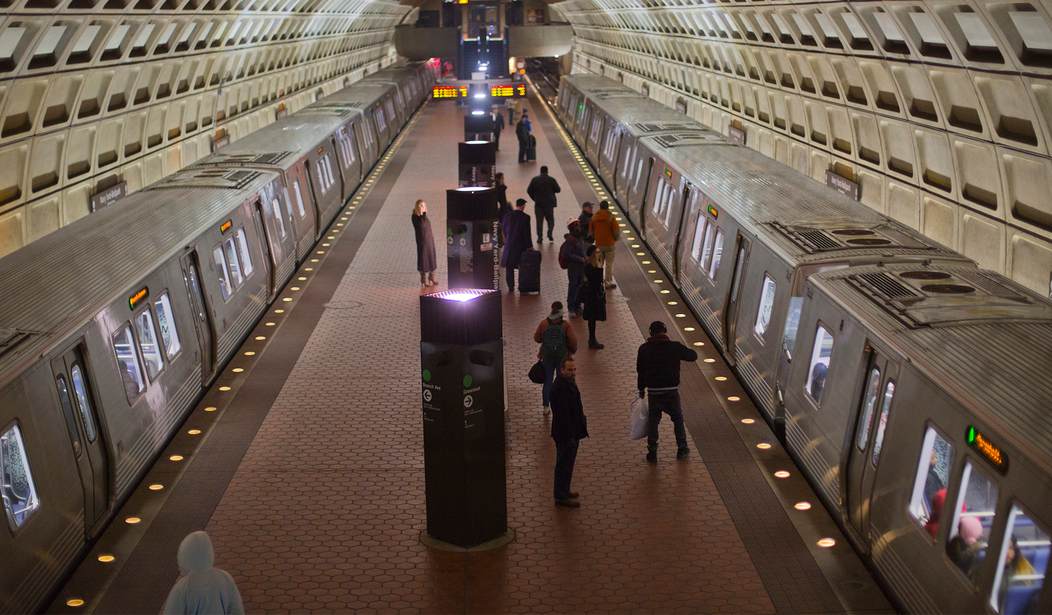I'm almost leery of writing this. I don't want gun owners to get cocky or, worse, complacent. Gun owners and Second Amendment advocates are ferocious, really borderline-unbeatable, on defense - but tend to let down their guard when the news is good.
And we've had a solid run of generally good news, nationwide: more wins than losses, really, since 2008's Heller decision.
There've been some losses, too - anti-gun Blue states are digging in and getting more draconian, arguably in response to their losses on the national level and in the majority of other states.
Democrat judges have been a speed bump, although less so with the SCOTUS's guidance in the Heller, McDonald and Bruen cases on the books. Even the most activist judge has a hard time wiggling past three such dispositive decisions.
And maybe - I said maybe - we could start seeing the fruits of this change at the Federal District Court level.
One of the ways blue states are trying to impose gun control is by regulating territory instead of firearms. Some states, barred from imposing draconian limits on carry permits, are trying to turn to making broad swathes of territory - public land, private property, stores, places most people normally have every right to be - into no-go zones for people with carry permits. Hawaii is one example - a recent law makes it a crime to be on private property with a firearm and a carry permit without the express permission of the property owner, essentially making a firearm owner a criminal on most private property by default.
A similar law in Maryland passed in 2022, after the Bruen decision, making "sensitive places" off limits to legal carry permittees with firearms, is going through the usual chain of court tests. The the law treats just about every public space - bars, museums, public transit, parks, public bulidings - as "sensitive". The case has made it to the Fourth Circuit - generally considered a reliable "liberal" court.
But as Mark Smith at Ammoland notes, in the wake of the Bruen decision there might be grounds for cautious optimism:
Many observers (including Second Amendment legal analyst Mark Smith from Four Boxes Diner) were surprised by how skeptical the judges sounded, especially for a panel many expected to be unfriendly to gun rights.
Throughout the oral argument, the Maryland attorney struggled to explain why all these new “sensitive places” only emerged after Bruen. As Judge Gregory sharply pointed out, how does a subway—where people are regularly assaulted—qualify as a “gun-free zone” when there’s no armed security?
The question is "does a broad, vague definition of 'sensitivity' override a person's right to self-defense?"
The Maryland lawyers tried to lean on a few post-Civil War laws, but the Second Amendment lawyers stuck to a clean argument: you must look to 1791—the year the Second Amendment was adopted—to find any valid historical analogs. And in 1791, the only commonly recognized sensitive places were those where the government provided comprehensive, armed security: courthouses (with armed bailiffs), legislative buildings (with sergeants-at-arms), and polling places (guarded by sheriffs)...The brilliance of this argument is its simplicity: calling something a “sensitive place” isn’t enough. The government must treat it like one—meaning metal detectors, armed guards, and secured entry. Otherwise, the Constitution wins.
This decision is going to affect similar laws in New York, California, New Jersey, Illinois and the aforementioned Hawaii law. So while the case may not be national news, it's going to be an important one in making the case that in places where the government isn't affirmatively in charge of protecting you, you have a right to do see to it yourself.








